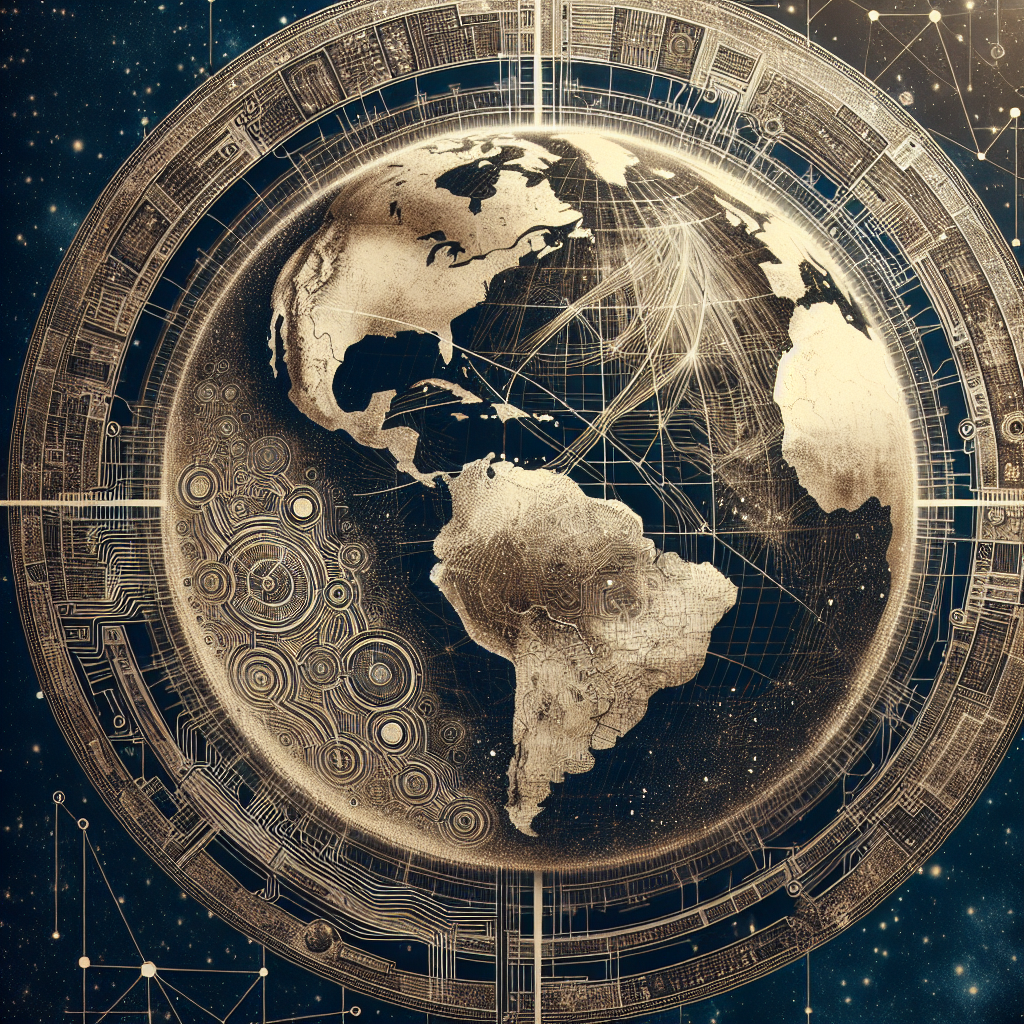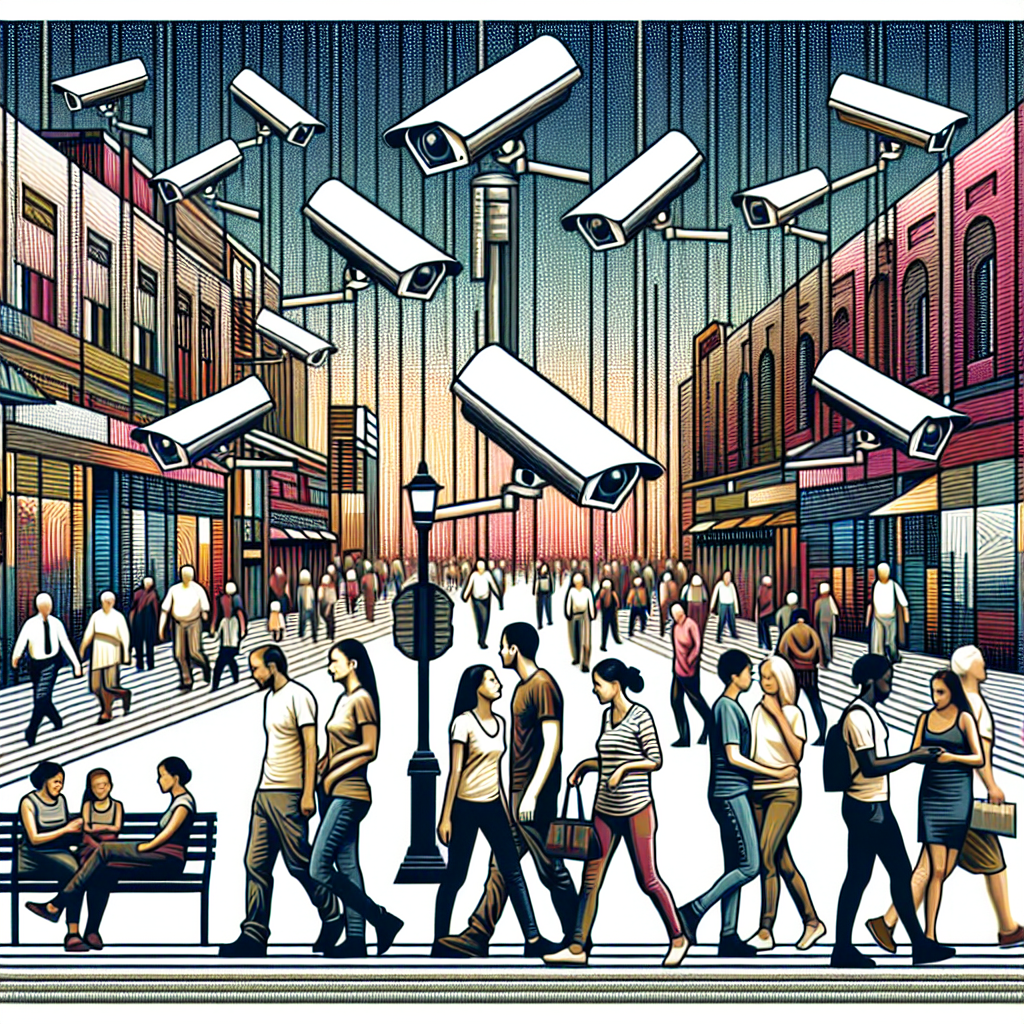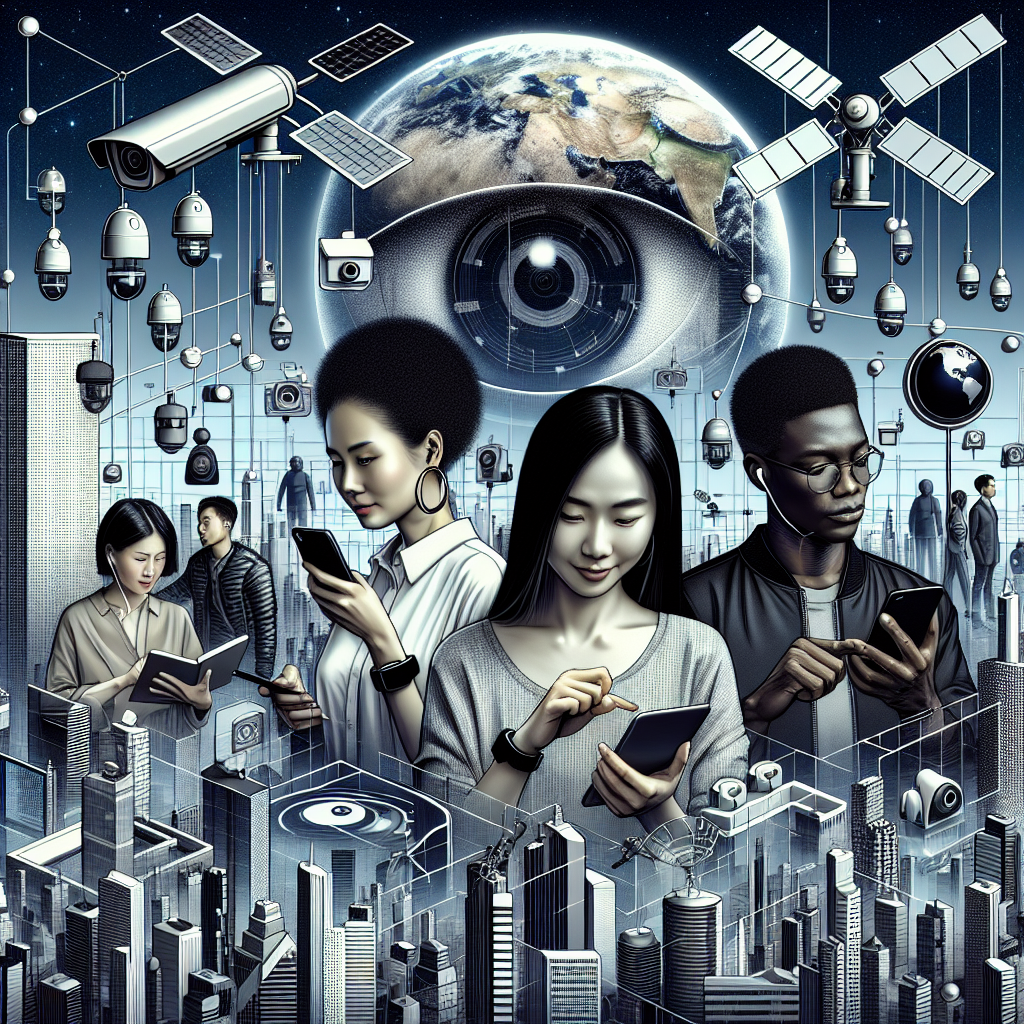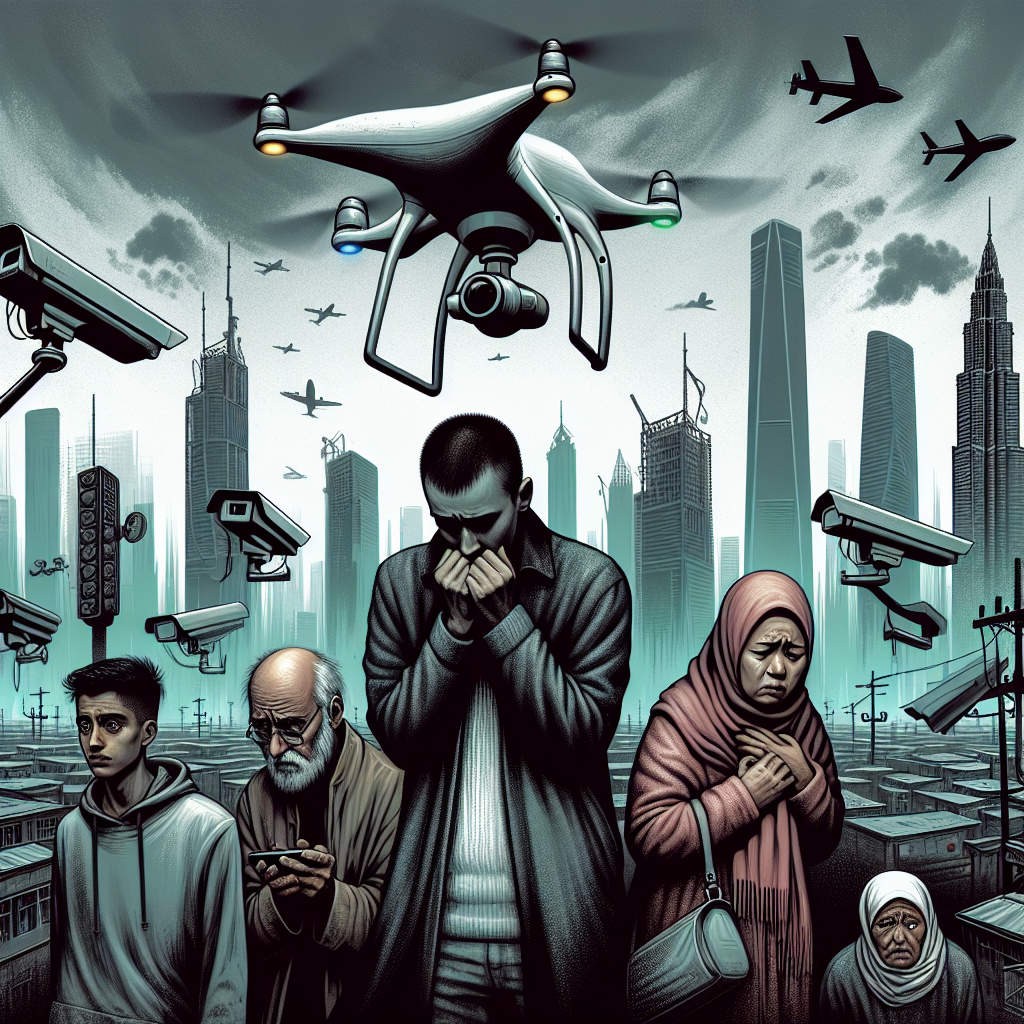The New World Order: An Exploration of Its Impact on Global Governance
Historical Context
The term “New World Order” (NWO) entered political discourse significantly post-World War II and further gained traction after the Cold War. It reflects a restructured global political landscape characterized by a move towards globalization, international cooperation, and a reconsideration of sovereignty. Understanding how these changes have influenced global governance requires a close examination of the political, economic, and social dynamics occurring over the decades.
Defining the New World Order
The New World Order signifies a shift in global power dynamics where multi-national institutions increasingly influence international politics. This concept encompasses various forces, including globalization, technological advancements, and international treaties aimed at fostering cooperation in addressing global challenges such as climate change, terrorism, and pandemics. The role of the United Nations, NATO, and the World Trade Organization have evolved, aiming to maintain international peace and facilitate economic integration among nations.
The Role of International Institutions
International institutions play a pivotal role in the New World Order by creating frameworks for cooperation among states. The United Nations, established to prevent future wars, promotes international cooperation through various subsidiary bodies. Agencies like the World Health Organization (WHO) and the International Monetary Fund (IMF) further underscore the interconnectedness of global governance, addressing health crises and economic stability.
The effectiveness of these institutions often hinges on the political will of member states. For instance, during the COVID-19 pandemic, WHO’s efforts to coordinate health responses globally highlighted both the strengths and challenges faced by international organizations in enforcing cooperation.
Globalization and Its Consequences
Globalization, a central tenet of the New World Order, reshapes economies and cultures through enhanced interconnectedness. Trade agreements, cross-border investments, and technological innovation facilitate an integrated economy, allowing nations to specialize and enhance mutual prosperity.
However, globalization also presents challenges. Allegations of eroding national sovereignty arise as multinational corporations gain influence, often prioritizing profit over social or environmental concerns. As power becomes concentrated, disparities between nations and social groups exacerbate, sparking discussions about equitable governance.
The Technological Revolution
Technological advancements are integral to the New World Order, profoundly impacting communication, commerce, and governance. The rise of the internet and digital platforms has altered how nations interact and govern. Real-time information sharing enables swift responses to crises and fosters global dialogue.
Simultaneously, the digital divide poses significant challenges. Nations that lack technological infrastructure may struggle to participate in global governance processes effectively. Moreover, cybersecurity concerns and misinformation complicate international relations further, necessitating a robust dialogue on regulations that can manage these risks.
Climate Change and Environmental Governance
Climate change is perhaps the most pressing global challenge that underscores the New World Order. The Paris Agreement, adopted in 2015, marked a significant milestone in international climate governance by uniting nations to limit global warming. This cooperative effort exemplifies the shift toward collective action in addressing transboundary issues.
The impact of climate change on public health, economic stability, and migration patterns highlights the need for coordinated responses. Countries now recognize that environmental sustainability must underpin development frameworks to mitigate risks and foster resilient societies.
Shifts in Power Dynamics
Emerging powers like China and India challenge the post-World War II power structure led primarily by the United States. This shift necessitates a reevaluation of global governance models to accommodate diverse political, economic, and cultural perspectives. The rise of the Global South has led to the establishment of alternative frameworks such as the Belt and Road Initiative, offering new avenues for development that diverge from traditional Western models.
As these emerging powers assert influence, the effectiveness of existing international institutions is questioned, prompting discussions about reforming decision-making processes to ensure inclusivity.
Human Rights and Ethical Governance
The New World Order has also brought attention to the importance of human rights in global governance. International covenants and charters emphasize the protection of civil liberties and the promotion of social justice. However, disparities in human rights practices across nations illustrate the complexities involved in enforcing these ideals.
The movement towards ethical governance challenges states to adopt frameworks that respect individual rights while balancing national interests. The rise of non-governmental organizations (NGOs) and grassroots movements has further catalyzed a global discourse on ethical practices, holding governments accountable for violations.
The Role of Public Opinion and Civil Society
Public opinion plays a crucial role in shaping global governance in the New World Order. Social media platforms and digital advocacy enable citizens to mobilize and voice their concerns rapidly. Movements such as climate strikes and social justice campaigns compel governments and corporations to reconsider their policies and practices, highlighting the power of civil society in influencing governance.
Increased public engagement necessitates that decision-makers pay closer attention to community needs and environmental sustainability. This shift towards participatory governance models creates opportunities for more inclusive policymaking processes, fostering greater awareness of global issues.
Challenges Ahead
While the New World Order presents opportunities for enhanced cooperation and progress, numerous challenges remain. Issues such as income inequality, migration, and geopolitical tensions need urgent attention. The resurgence of nationalism in various regions challenges the principles of global governance, reflecting a reluctance to cede power to international bodies.
Addressing these challenges requires nations to work collaboratively while respecting sovereign rights. Effective diplomacy, open communication channels, and a commitment to multilateralism are essential in establishing a resilient global governance framework capable of responding to evolving complexities.
Conclusion
In conclusion, the New World Order dramatically reshapes global governance, marked by increased interdependence and the rise of multinational institutions. While fostering cooperation addresses pressing global challenges, the landscape is defined by power shifts, technological advancements, and pressing issues like climate change and human rights. The interplay between state sovereignty and international cooperation will determine the future efficacy of global governance in our increasingly interconnected world.














Leave a Reply